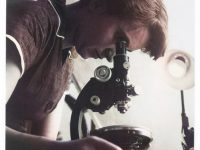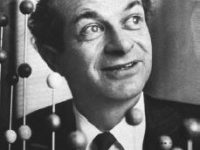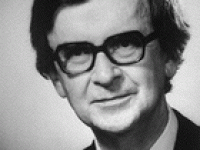Edwin McMillan and his Research on Transuranium Elements
On September 18, 1907, American physicist and Nobel Laureate Edwin Mattison McMillan was born. McMillan is credited with being the first ever to produce a transuranium element, neptunium. For this, he shared the Nobel Prize in Chemistry with Glenn Seaborg in 1951. Edwin McMillan – Early Years Edwin McMillan, the son of physicist Dr. Edwin Harbaugh McMillan and his wife Anne Marie McMillan, née Mattison, grew up in Pasadena, California. He entered…
Read more





